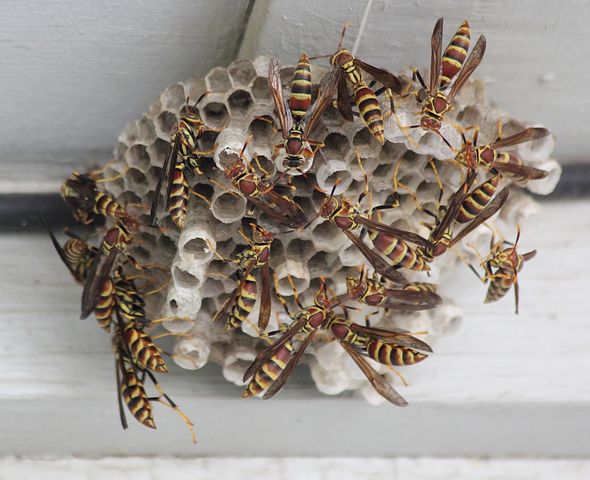The UK has now been in lockdown for 4 weeks now and a further 3 weeks have just been announced. This is influencing some changes in the behaviour of some common pests we deal with daily. This blog is to inform you about what is happening in relation to pest activity and what you can do to ensure you are not affected by it…

As you can imagine the town centers and industrial areas are very quiet with a lot of businesses closing or scaling back during the lock down period. A lot of essential business are still running, a good example of this is the rubbish collections. I use this example because rubbish generated by businesses and homes is a large food source for many pests.
Scavenger Pests
With all the food outlets and shops no longer generating food waste and the bins have now been emptied which means the natural scavengers such as rats mice foxes have lost their usual food source. This tied in with the fact that we are not all going out and no food waste at the end of the evening, these pests are now going to have to find new food sources.
Lack of food will cause a rat population to migrate and splinter off as food now becomes competitive. Rats are survivalists and they are damn good at it, that is obvious judging by the time they have spent on the planet. They will always find food if they are hungry. Females will also remove there young from a larger rat colony especially if there is a lack of food.
Urban foxes are another scavenger that will be struggling during this time. Foxes are pattern setters when it comes to feeding, each night they will know where to go for there food knowing rubbish bags will be out for the bin men at certain days and houses that feed them and even other food sources such as food for hedgehogs.
Birds
We have also witnessed issues with seagulls, especially at coastal towns. They normally scavenge food waste and scraps from visitors. This has had to change with the lockdown as their usual food is not available. Seagulls are finding new areas to feed in land, which includes other wildlife as a source of food.
What You Can Do?
So with all this going on then what does that mean for you. The urban fox is easy to deal with because of its size you do not need to defend against it, to stop it getting in your house or business. It is simply a case of good management of your rubbish and keeping you outside areas clean and tidy. You won’t stop them visiting but you don’t want them being regular visitors. Feeding an urban fox is not helping their situation or yours.
When it comes to rats, I say it all the time, take 5 mins to walk round the outside of your building or home. You are looking for any hole’s gaps or possible entry points that a rat can get in. A rat can collapse its diaphragm to squeeze into a hole, it will then gnaw at the hole to make it bigger so anything more than a 2p is a possible route. By clearing around the building and not leaning stuff against the building will stop creating blind spots for them to move about unseen. It also removes their ladder to get in at roof level.
Rats can gnaw through cement, brick and some metals so regular checks is always advisable. You should also do checks inside a building. Unlike mice rats do not drop all over the place, they use one area as a toilet so it will be sightings, stolen food and rat smear where they use the same route.
A key area in which we have noted a lot of activity is bird feeders. They are easy food for rats, and they attract them into the area. If this is managed correctly then by putting them out in the morning and collecting them in at night and putting a tray down to collect the waste and mess that drops stops food for them.
This is only a basic guide, however if you need further advice on your specific situation we can help.
If it has gone past the point where you need just advice, we are running a restricted service dealing with public health pests in businesses and domestic homes in Kent. You can contact us via our website www.pest-tech.org or give us a call on Maidstone 01622 296055.



